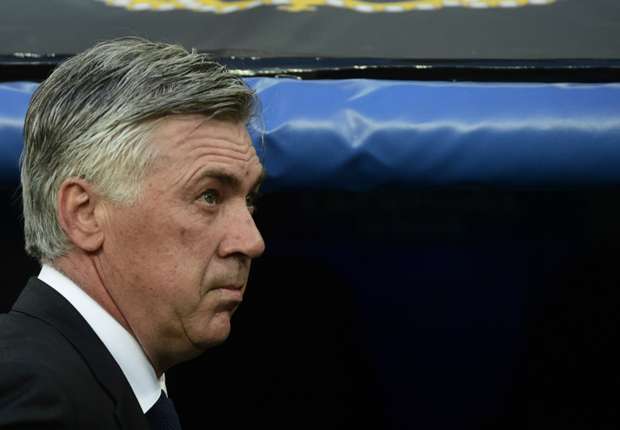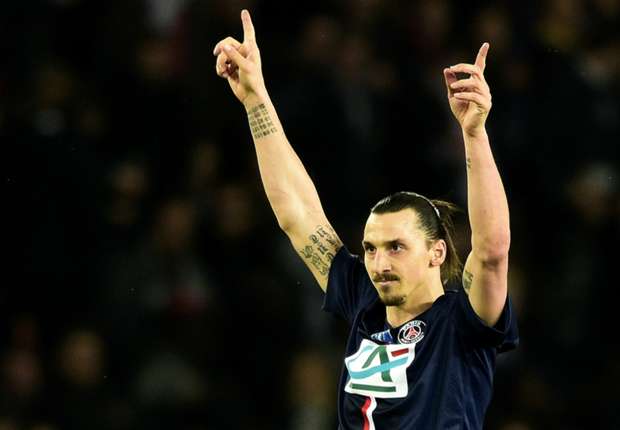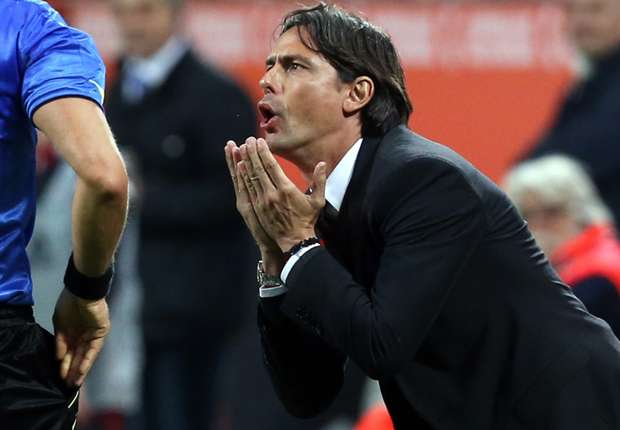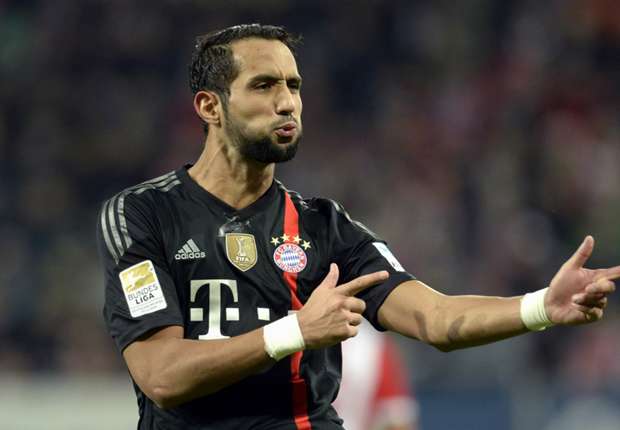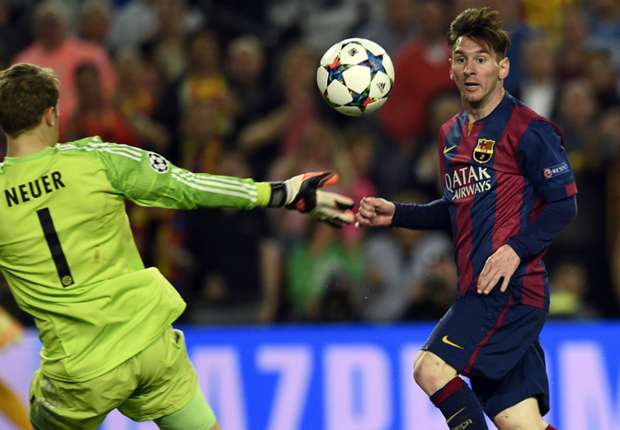Kwadwo Asamoah and John Obi Mikel may be very different players, but they have various things in common beyond their (reduced) contributions to their side’s championships.
Both, for example, often find their roles within their teams—both at club level and international level—the subject of great debate.
The pair, like Alex Song perhaps, have been victims both of stereotyping and of their own versatility.
Mikel, whose physique and physical characteristics often steal the attention away from his technical qualities, has transitioned from No. 10 to defensive midfielder to anchor man to deep-lying playmaker throughout his career.
Jose Mourinho, however, appears to have settled on using the player as an end-of-game neutraliser—a player who can help Chelsea retain the ball and ease-out contests, and with the presence and the positional discipline to help the Pensioners preserve their shape and their defensive resiliency.
Asamoah is one of the few African players today who has both the dynamism and the energy to operate as a box-to-box midfielder, and who possesses the technical qualities and creative vision to control the game from the heart of the park. However, he has been famously shunted out to the left flank by Antonio Conte, Kwesi Appiah and, latterly, Max Allegri.
Despite this, it’s important to acknowledge the difference in status and situation between Mikel and Asamoah.
Both have spent extensive time on the sidelines this season due to injury, with the general consensus being that Juve have been hit harder than the Pensioners.
That’s maybe true, both in terms of severity of injury and the knock-on consequence to the side’s first team—Asamoah started 32 league games for Juventus last season, compared to 11 for Mikel—but I still disagree with those who write to me on Twitter and claim that the loss of Mikel to Chelsea is no loss at all.
As Europe’s major leagues come to a conclusion, the contribution of African players to title-winning sides is scant.
Only John Obi Mikel and Kwadwo Asamoah have been confirmed as winners of their respective domestic leagues, despite making limited contributions to their teams’ triumphs.
Admittedly, in France, an African player is guaranteed to win the title.
However, at Paris Saint-Germain, on-loan right-back Serge Aurier has struggled for fitness and minutes, while Olympique Lyonnais—featuring the likes of Henri Bedimo, Mohamed Yattara and Clinton N’Jie—must be considered outsiders for the Ligue 1 crown.
It’s little better in Germany, where Bayern Munich have given only 12 Bundesliga starts to Mehdi Benatia. In La Liga, the big two…(or do we call it a big three these days?)...have no players from the continent.
That leaves us with England and Italy, where Chelsea and Juventus respectively have already been confirmed as champions.
This means another title honour, another star on the honours sheet, for two of Africa’s more high-profile players….but should we really care?
How will the victories of the 14/15 season stand-up in history?
In an era where winning medals from major European leagues aren’t readily forthcoming for African players, what will the first-place prizes mean for the legacy and reputation of the Ghana star and the Nigeria talisman?
The Nigerian may not be a regular first-choice option, but it’s hard to deny that he’s not a valuable asset to Mourinho—both for the reasons given above and as a replacement for Nemanja Matic when the manager opts to rotate his squad.
The Portuguese coach has been criticised for not resting his key players enough this season—with Matic fading immensely as the year wore on—but this might have been a different story, and given Chelsea a lift, had Mikel not been out.
Similarly, his fine 15-minute cameo against Everton earlier in the season—complete with an assist for Diego Costa—reminded observers of what the Super Eagle is capable of, notably against one of the division’s better sides, when he is thrown into the fray.
Nigeria fans complaining of Mikel’s reduced role at Chelsea—pre injuries—are allowed to be disgruntled; it’s not ideal to see a national hero play a supporting role. However, they must realise that with modern football and modern squad play as they are, and with the Pensioners hoping to play a 65-game season, Mikel can still be a valuable asset to Chelsea.
Certainly, this golden star won’t shine as brightly for the Nigerian as 2010, when he played 25 games as Chelsea romped to the trophy. But after making 16 showings this term, he deserves his place among the celebrations. I have little doubt that his contribution would have been much greater had injuries not derailed his campaign.
Intriguingly, despite being more influential for Juventus last season than Mikel was for Chelsea last term, a case could be made that Asamoah has been less of a loss for Juventus.
This is mainly due to the arrival of Patrice Evra. The left-back joined from Manchester United last summer and has taken immediately to Italian football.
Largely, Evra has featured as a conventional left-back, but he has also stepped into a wing-back role for the Old Lady, and impressed.
Arguably, Evra’s big-game performances—he was outstanding against Monaco, Borussia Dortmund and Lazio recently—have made him one of key success stories of Juve’s season.
The emergence of Paul Pogba has also helped the Bianconeri move on without Kwadwo. Typically a central midfielder, the France international has also featured in Kojo’s berth on the left flank—to great effect—and had he not had his own fitness concerns, the loss of Asamoah would have been felt even less.
The Ghanaian remains a valuable asset for Juve, but his role at the club has certainly changed and probably diminished over the last 10 months.
Finally, I close by considering a potential collision between these two peripheral narratives next season.
Back at the end of 2014, Mourinho was rumoured to be looking at Asamoah, but any scope for the suggestion of a switch was ended by the player’s debilitating injury.
As Kwadwo returns to fitness…with a potential Champions League final on the horizon, no less…will the Portuguese coach come calling again?
Asamoah, as a younger, more versatile option than Mikel would not only effectively replace the Nigerian as Mourinho’s central-midfield back-up, but he’d arguably provide more appropriate cover for Cesc Fabregas, as well as Matic.
Similarly, he could replace the disappointing Filipe Luis as the Blues’ back-up left-back, and would be a perfectly adequate option for this role.
Perhaps, in a year’s time, we’ll be discussing whether Asamoah has earned his latest club honour…a Premier League winner’s medal! For Mikel, an injury-free status quo may be the best we can hope for




